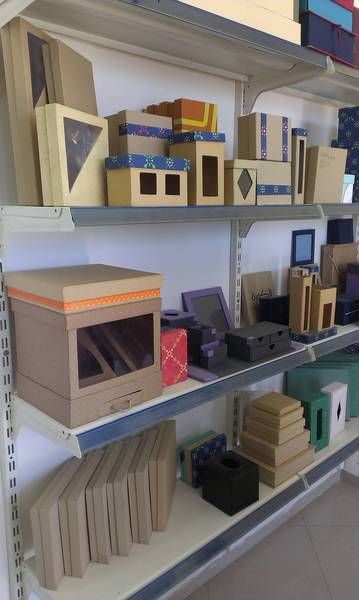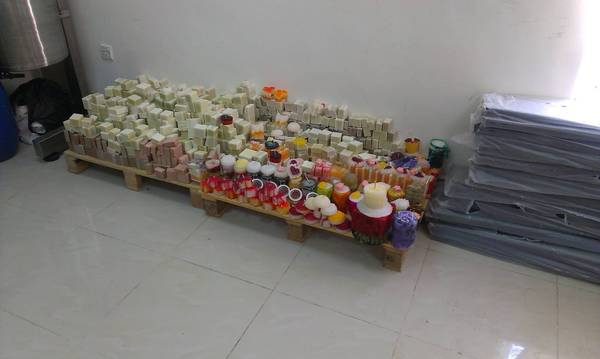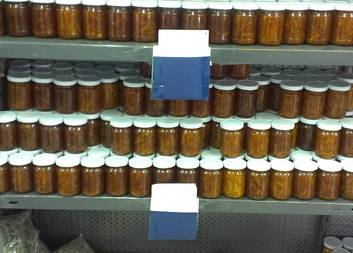Caritas CR managed to extend their existing activities in Jordan until the end of 2015. However the original plans have been unset by the Jordanian government action on the issue of the rights of Syrian refugees. They can no longer attend apprenticeships or internships. They also cannot establish their own business or be employed, a law that fundamentally changed the form of charity collaboration in Jordan.
 From May to June 2015, 600 Syrian and Jordanian refugees underwent specialized courses for adults. After two or three weeks of training 551 successful graduates attended the closing ceremony associated with the award of certificates.
From May to June 2015, 600 Syrian and Jordanian refugees underwent specialized courses for adults. After two or three weeks of training 551 successful graduates attended the closing ceremony associated with the award of certificates.
Adults could choose courses and were awarded with certificates from one of seven disciplines: manufacturing soaps and candles, food processing, services to families and children, production by recycling waste, production of packaging, agriculture, and construction. Seminars and practical training took place in the Jordanian cities in which the highest percentage of refugees live - particularly in Amman, Madaba, Fuhaisu, Irbid, Mafraq and Zarqa.
However, the new legal situation, which does not allow refugees to work legally, forced Caritas Czech Republic and its Jordanian partners to change the concept of the program. Instead of the planned internships in companies they have to start offering practice-oriented courses focusing on the transfer of real skills and experience. Due to the impossibility of business, the originally planned support for refugee entrepreneurs has been changed to the entire business community, which is shielded by one of the non-profit or community organizations. A religious group, association, or non-governmental organization can cover the activities and allow the refugees to use their land for gardening or provide spaces for creating workshops. From Caritas, these groups receive support in the form of training in business and the necessary tools.
 Despite the difficult situation in a country with a crumbling job market and rising inflation, Caritas CR managed to modify the program so that it can still achieve its goals. It still helps Syrian refugees and vulnerable Jordanians by providing education, securing livelihoods, and psychosocial care, thus helping both nations to better cope with the consequences of refugee crisis and set up the Syrians for a possible return home once the situation in their own country returns to a normal state.
Despite the difficult situation in a country with a crumbling job market and rising inflation, Caritas CR managed to modify the program so that it can still achieve its goals. It still helps Syrian refugees and vulnerable Jordanians by providing education, securing livelihoods, and psychosocial care, thus helping both nations to better cope with the consequences of refugee crisis and set up the Syrians for a possible return home once the situation in their own country returns to a normal state.







